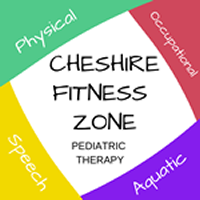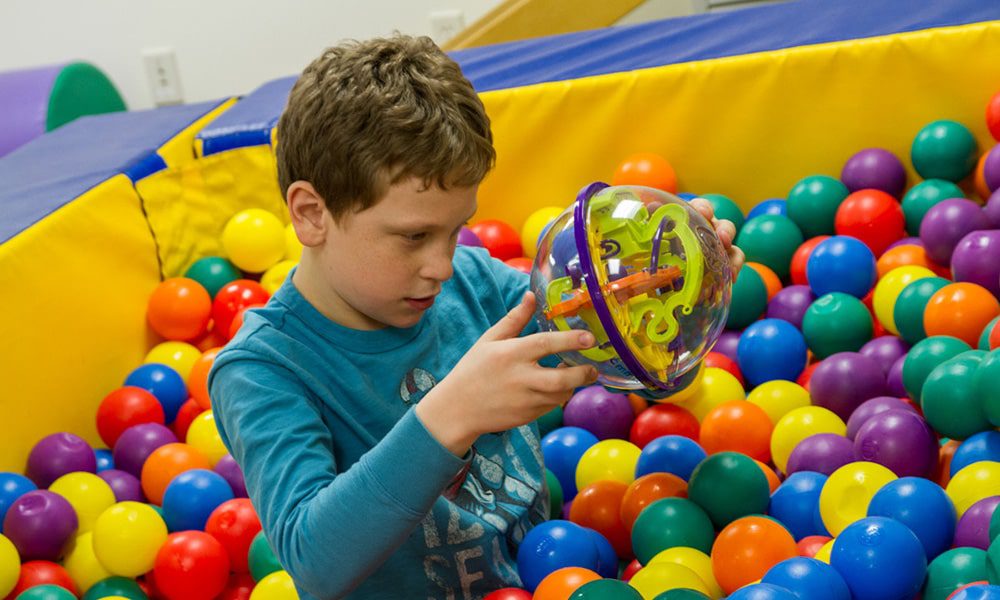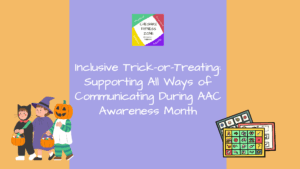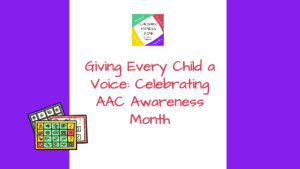is a blind Paralympic athlete who also works as a physical therapist, working particularly with geriatrics. As you might expect, he has a wealth of experience, knowledge and advice to give when it comes to physical fitness, athletic performance and general health and he has kindly taken some time out to share it with us. Read on to learn more about his fascinating experiences and what we can all learn from them.
Q1. To kick things off, could you please tell us a little about yourself and what you do?
My name is Aaron Scheidies and I am an elite blind athlete training for the 2016 Paralympic games as well as a Physical Therapist in Seattle, WA. When I am not training, I practice as a Physical Therapist working with the geriatric population.
Q2. You’re hoping to compete in the Olympics 2016 (you can help support Aaron by heading over to https://cdifferentwithaaron.com/donate). How is the training for that going at the moment?
My goal has always been to win gold in the Paralympic Games. I was all set to do that in Paratriathlon but at the end of 2014 the International Paralympic Committee (IPC) made a very controversial decision to cut the Male PT5 Blind category from the 2016 Games. This was heartbreaking to me but I picked myself up off the floor and did the only thing I could do and that was to find a different sport to win Gold in. “My Road2Rio is a journey, not a destination. Since the decision.” Since 2014, I have focused on Para-Cycling and in 2015 I started off with a bang, winning my first race at a US Para-Cycling Selection race and winning both the road race and time trial at the 2015 US Para-Cycling National Championships. As a result of these performances, I went on to race internationally in the summer of 2015 and won silver in two Union Cycling International (UCI) World Cups. I was named to the 2016 US Para-Cycling National Team early this year but this does not guarantee me a spot on the US Team for the 2016 Paralympic Games. The Men’s Blind classification in which I compete in is one of the most competitive and challenging categories in the world and I have a challenging road ahead of me.
At the beginning of 2016, I named professional triathlete Ben Collins as my pilot moving forward and him and I have been arranging training camps when I am not working my physical therapy job to prepare for the 2016 Para-Cycling Paralympic Trials to be held in Charlotte, NC on July 1-2. On July 3rd the official US Team will be announced. Ben and I are training hard but we need all the support that we can get. The more people behind us, the more powerful we are as a team. I encourage everyone to follow our Road2Rio and support in any way they can. My Road2Rio is not just about me getting to the Paralympics, it is about giving hope and providing opportunities for the next generation attempting to accomplish their dream!
Q3. What was it that first got you interested in the health and fitness industry?
I have always loved sports. From the days as a young kid I played all sports with soccer being my favourite. I actually always had a dream of being a professional soccer player but the loss of my vision made this dream unobtainable. My love for sports and athletics did not end. I became fascinated with the human body and love to help people. These characteristics made Physical Therapy a very appealing profession. The fact that Physical Therapy is also a very hands-on profession made it a good fit for someone like me with a visual impairment.
Going into Physical Therapy school at the University of Washington, I always thought I would be in the Sports Medicine area. Being an athlete myself, it seemed fitting that I would be working with other athletes that have the same mindset and drive. Surprisingly, this changed when I was in PT school. I tell everyone, “I fell in love with old people.” This passion led me to where I practice today as a Physical Therapist for Crista Ministries and Senior Living in Shoreline, WA.
Q4. What tips would you share for someone attempting their first marathon?
In 2010, I decided to toy around with the marathon. As I went into the training and the race I thought to myself “This is going to be easy. I can do this. I have done an Ironman and have a huge base, I could run one of these any day.” The marathon showed me that I was wrong. If you want to run your best marathon, you need to respect the marathon distance. The moral of this story is, make sure to get your long runs in and work on trying to hold your marathon race pace for the last few miles of your long runs. If you get no other runs in at least do your long run.
Q5. Do you find that your expertise in physical therapy helps you to avoid injuries in your own sporting career?
Yes, I think the knowledge of the human body, its mechanics and the muscle groups specific to each sport are important for injury prevention in my athletic career. I don’t think that being a Physical Therapist helps me recover quicker from injury but I do feel as though it greatly helps me with injury prevention.
Q6. Finally, do you have any other upcoming projects or news that you’d like to share with our audience?
The newest addition to my toolbox is that I recently got certified as a USAT Certified Triathlon Coach and I am excited and motivated to start coaching athletes. I have gained so much experiential knowledge over my 15 years doing triathlon that I feel as though I have a lot to share and contribute to the Triathlon and Paratriathlon community. I am actively seeking out athletes that want to maximize their abilities while having fun at the same time.



